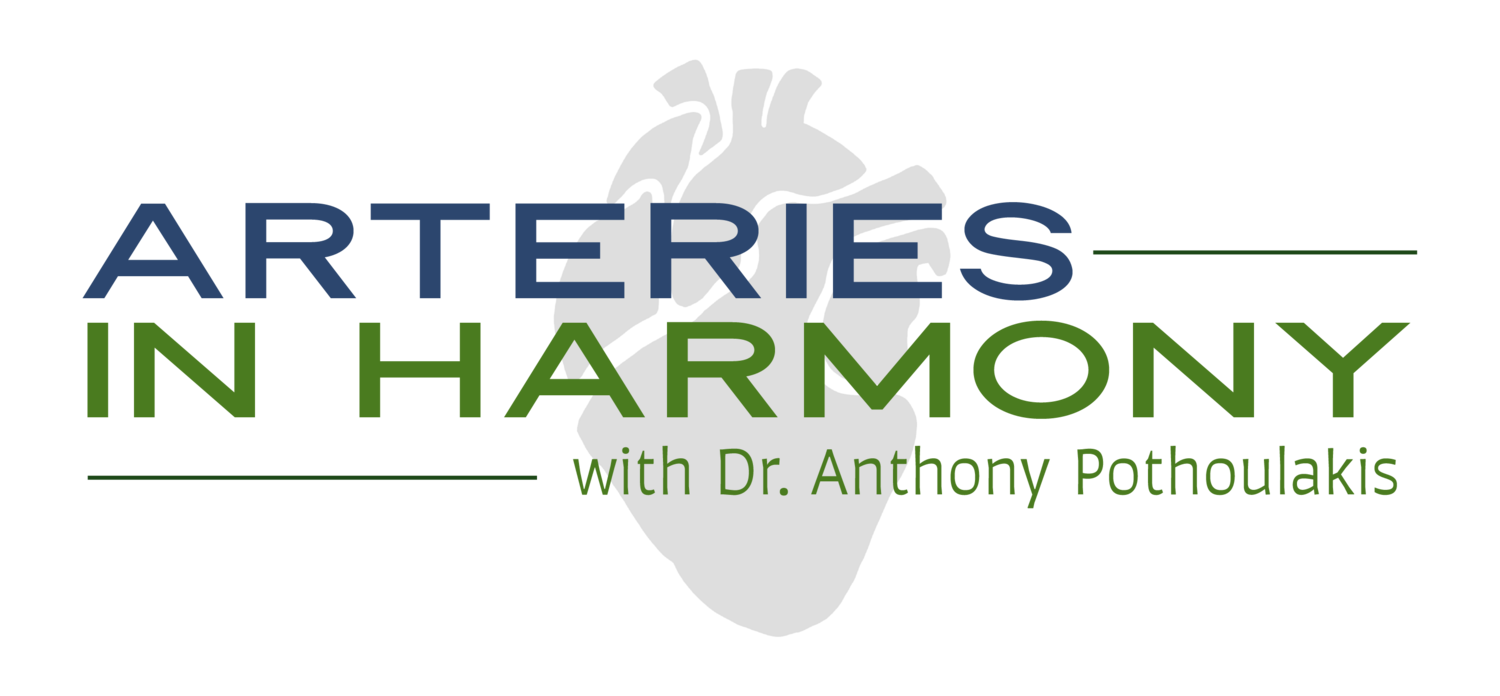New Year’s Health ‘Re-Solutions’
Aiming at an almost daily practice of a healthy lifestyle is my suggestion for 2016 health resolution.
Here I need to explain two things: first, what healthy lifestyle really means in practical terms and, second, why I believe that embracing and practicing a daily healthy lifestyle makes a better new year’s resolution than losing weight.
A healthy lifestyle means not smoking, following a healthy diet (six or more portions of fresh fruits and vegetables, taking in the good fats and lean protein, avoiding the bad fats, significantly limiting the intake of salt and sugar and controlling our calories) in at least 90% of our meals, near-daily exercise (combination of aerobic, low-weight resistance, and stretching), not drinking more than moderate amounts of alcohol (no more than one alcoholic beverage daily for women or two for men) and avoiding prolonged or unnecessary use of non-steroidal anti-inflammatory medications (‘NSAIDs’). The practice of a healthy lifestyle should be coupled with monitoring, with the help of our doctor, our blood pressure and LDL cholesterol and with keeping our wellness visit appointments.
Losing weight as a new year’s resolution is a cliché. A goal of weight loss at any cost or by any means does not improve our health or prolongs our longevity as much as the consistent practice of a healthy lifestyle (and keeping our blood pressure and LDL cholesterol low). Additionally, for so many people, weight loss can be difficult-if not impossible- to achieve and the struggle to lose weight may deteriorate into a frustrating uphill battle, a daily nightmare that can make people feel worthless and give up on their health altogether. Finally, a near-daily practice of a healthy lifestyle very often results, over time, in a healthy and sustainable weight loss.
Here is a personalized list of healthy daily practices, with emphasis on individual health profiles:
If you smoke, quit. Daily exercise and a perfect diet won’t come even close to offering you the health benefits of quitting smoking. Smoking, even as your only vice, is plenty capable of destroying your arteries (giving you heart attacks and strokes) and your lungs (causing emphysema) and contributing to an assortment of cancers, provided you continue to smoke long enough (it may take a couple of decades for smoking to destroy a young human body, considerably less for a middle-aged one)
If you have high blood pressure, eliminate salt from your diet, take your medications, and monitor your blood pressure at home, aiming at the blood pressure goals that your physician recommends for you (less than 140/90 mm Hg, or even lower, depending on your medical history)
If you are diabetic, do whatever it takes to keep your A1c at the level your physician recommends (around 7% or even lower, again depending on your unique health circumstances), monitor your blood sugar and blood pressure at home and discuss with your doctor whether a statin is appropriate for you.
If you have high cholesterol, eat at least six portions of fresh fruits and vegetables a day, take in the good fats (in the forms of fish, olive oil, unsalted nuts, or dark chocolate) and discuss with your doctor whether medications are necessary
If you are overweight or obese, eat a healthy diet, exercise at least five times a week (including not only aerobic but also resistance and stretching exercises), don’t smoke, do not drink more than moderate amounts of alcohol, make your home as sugar-free as possible, and keep your blood pressure and LDL cholesterol low, with the help of your physician. If your obesity has already caused significant health problems, discuss with your doctor about bariatric surgery and obesity-treating medications.
Remember: it is what we do on most of our days that counts. Good health is built or destroyed, one day at a time.
Have a most healthy 2016!
